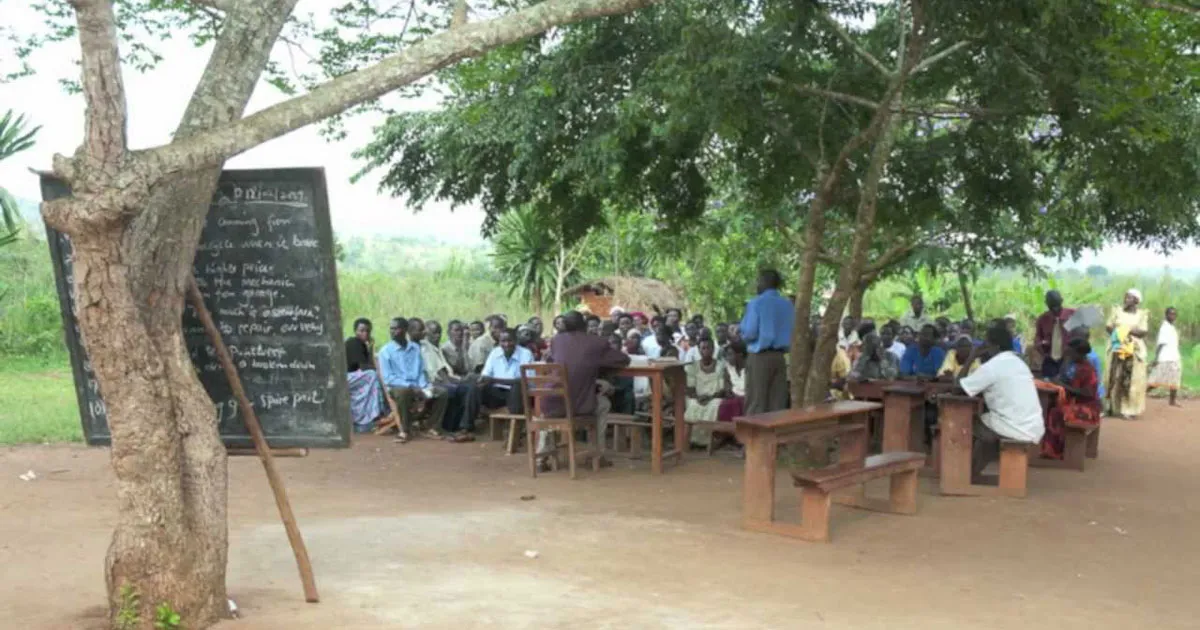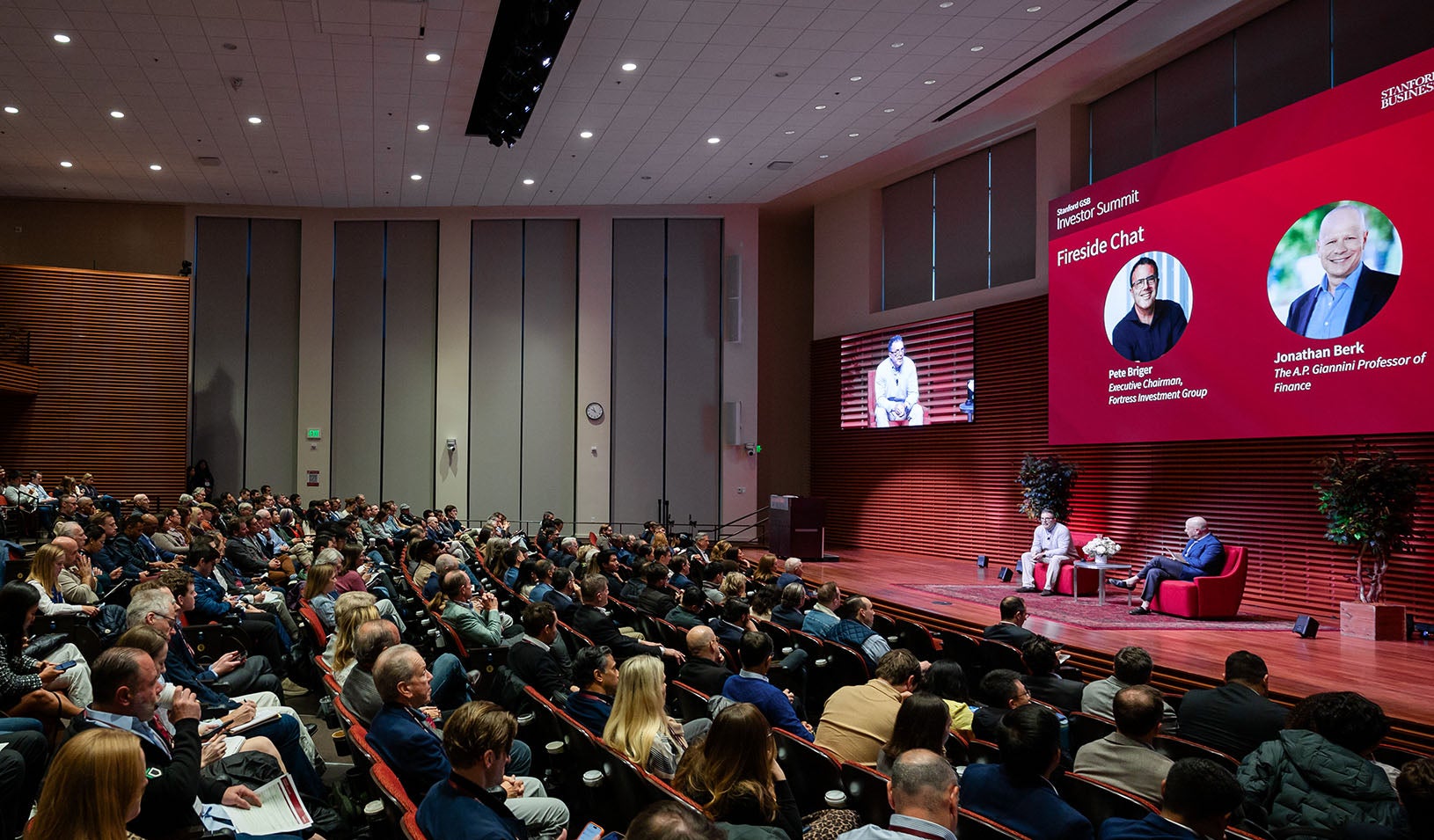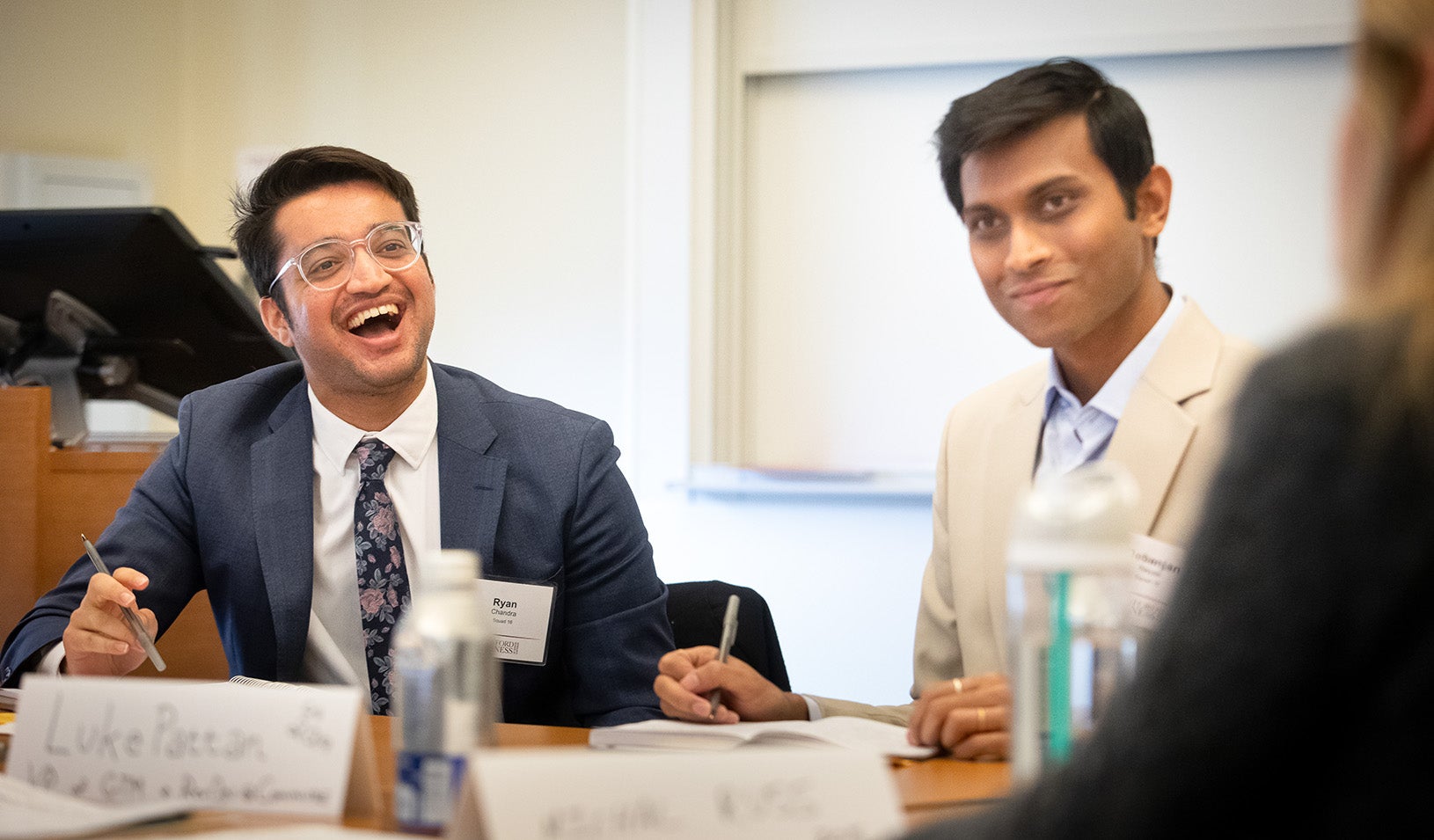October 15, 2007
Cynthia Dai, MBA ’93, shares her experience leading a Stanford ACT project to help Uganda Rural Development and Training develop a sustainable funding model.
Helping Farming Families Improve Their Lives
“Are we there yet?” I asked our driver, as the diesel-powered fluorescent lights of the Uganda Rural Development and Training (URDT) campus emerged out of the darkness. It had been almost 35 years since I had left Africa, and I was excited to have returned to the continent. After hours of driving, we had exchanged the gridlocked streets of Kampala for dirt roads; this was ACT’s first international engagement and my 12th ACT project.

Twenty Years of Empowering Ugandans
Headed by Ashoka Fellow Mwalimu Musheshe, URDT has a 20-year track record of mitigating poverty, improving agriculture, and educating and empowering the citizens of the impoverished Kibaale region. URDT runs vocational and technology training programs; the URDT Girls’ School (UGS); a 50-acre demonstration farm; a community radio station that reaches two million listeners; programs in human rights and land rights; and a new microfinance loan fund. With URDT’s unique “two-generation approach,” its Microcredit Fund was offered only to parents of UGS students, mostly poor farmers, thus reinforcing the direct benefit of educating female children.
Raising Capital for Rural Development
URDT asked ACT to recommend ways to sustain its Microcredit Fund to finance entrepreneurial agricultural activities. URDT’ initiated a microfinance program because many local farmers could not qualify for traditional microfinance loans since agriculture investments are vulnerable to risks such as inclement weather or lack of collateral. URDT aimed to organize the farmers into agricultural cooperatives that could aggregate surplus crops in sufficient quantities to earn better prices, to produce higher-value (such as cornmeal or dried fruit), and to seek regional markets.
ACT helped URDT understand how much money it needed to raise to provide the necessary access to capital. We worked with URDT managers to clarify the organization’s vision for an integrated agricultural model in order to attract donors and define measurable outcomes, said Martha Dolben, head of the U.S. fundraising arm for URDT, “The ACT team has provided us with possibilities for valuable partnerships in Uganda. We now can communicate effectively with potential donors and develop the financial backing for this initiative so vital to African subsistence farmers.”

Christine Lin, MBA ’04, April Gilbert, MBA ’88, Cynthia Dai, MBA ’93, George Clothier, MBA ’87, and Paige Chen, MBA ’00, with URDT students.
ACT Consultants
- Cynthia Dia, MBA ’93
- Paige Chen, MBA ’00
- George Clothier, MBA ’87
- April Gilbert, MBA ’88
- Nancy Girard, MBA ’73
- Christine Lin, MBA ’04
- Kamael Sugrim, MBA ’05
For media inquiries, visit the Newsroom.



